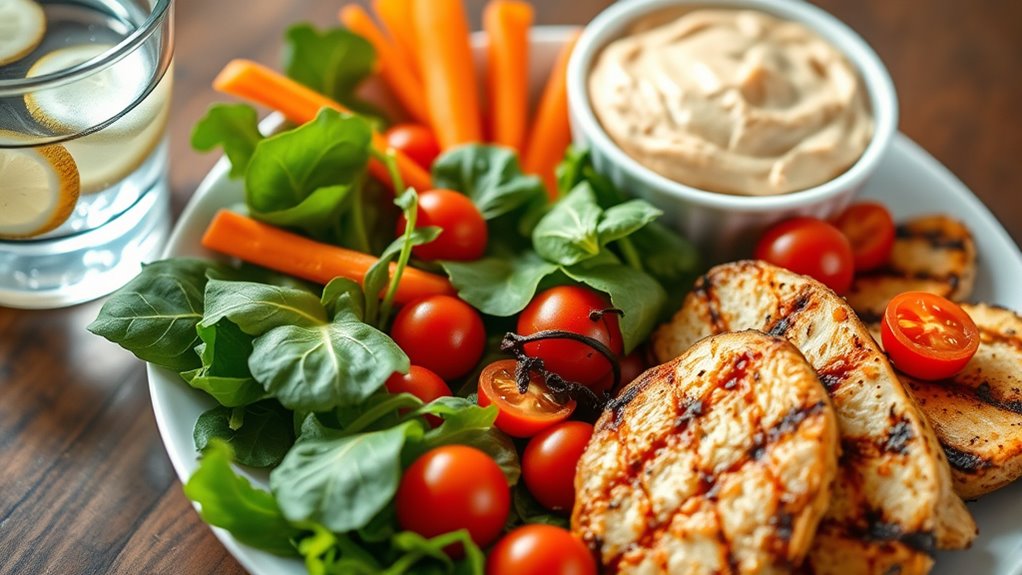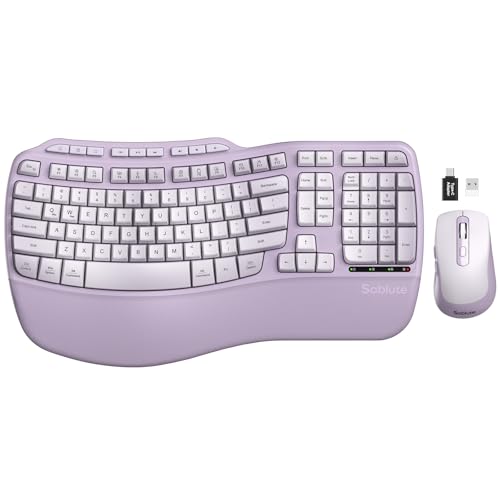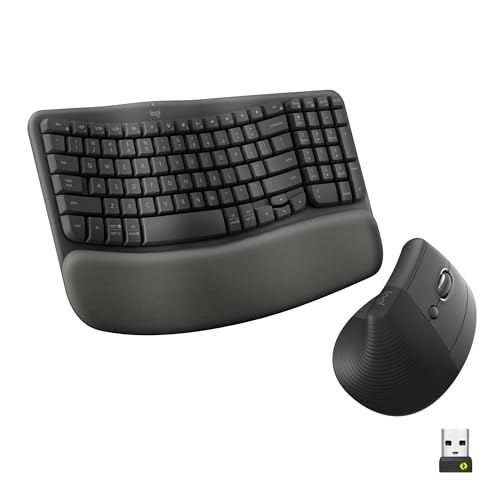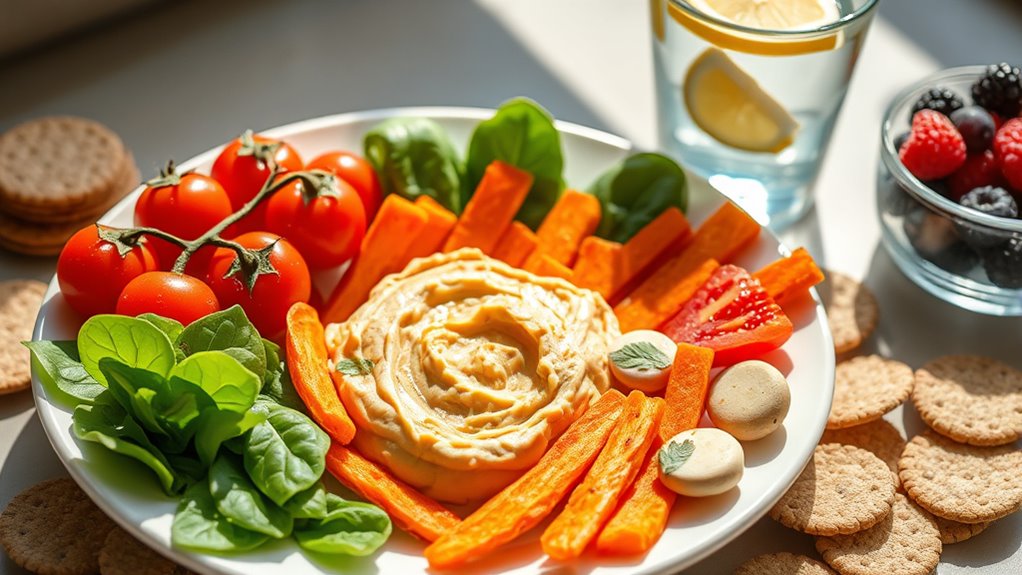To maintain a balanced diet, focus on proper portion sizes, hydrate regularly, and choose nutrient-dense foods like fruits, vegetables, lean proteins, and whole grains. Be mindful of how much and how often you eat to promote satiety and avoid overeating. Using tools like smaller plates and measuring portions can help you stay on track. Keep these habits consistent, and you’ll discover simple ways to improve your overall health and energy with each step.
Key Takeaways
- Incorporate a variety of nutrient-dense foods like fruits, vegetables, lean proteins, and whole grains for balanced nutrition.
- Practice portion control using smaller plates and mindful serving sizes to avoid overeating.
- Stay well-hydrated by drinking water regularly to support digestion, energy, and overall health.
- Develop mindful eating habits to focus on hunger cues, meal timing, and avoiding unnecessary snacking.
- Balance your diet by combining proper portion sizes with hydration and nutrient-rich foods for sustainable health.

Have you ever wondered how simple changes to your diet can boost your energy and improve your overall health? One of the most effective ways to start is by paying attention to your meal portion control. It’s easy to underestimate how much food you need, especially when large servings tempt you. By learning to recognize proper portion sizes, you can avoid overeating and reduce calorie intake without feeling deprived. Using smaller plates, measuring your food, or simply being mindful of serving sizes can make a substantial difference. When you control your portions, you give your body the right amount of nutrients it needs to function effectively, which helps you maintain a healthy weight and prevents unnecessary calorie consumption.
Alongside portion control, understanding the importance of hydration is essential. Many people underestimate how necessary water is for overall health and energy levels. Staying well-hydrated supports digestion, keeps your skin clear, and helps regulate body temperature. It also plays a key role in maintaining mental clarity and physical performance. When you’re dehydrated, you might feel sluggish, have headaches, or experience difficulty concentrating. Drinking enough water throughout the day ensures your body operates efficiently. Keep a water bottle handy, and aim to drink regularly rather than waiting until you’re thirsty, as thirst can be a sign of dehydration already setting in. Proper hydration also supports digestion, which is crucial for absorbing nutrients from your food.
Balancing your diet isn’t just about what you eat but also about how much and how often. Incorporating nutrient-dense foods like fruits, vegetables, lean proteins, and whole grains ensures your body receives essential vitamins and minerals. Combining this with mindful portion sizes helps prevent overeating and promotes satiety, so you’re less likely to snack unnecessarily. Remember, healthy eating isn’t about strict rules; it’s about creating sustainable habits. Developing a routine where you pay attention to portion sizes and hydration will gradually become second nature and markedly improve your energy levels over time.

Wireless Keyboard and Mouse Combo, Wave Keys Full-Sized Ergonomic Keyboard with Cushioned Plam Rest, Phone Holder, Comfortable Natural Typing, 2.4G Cordless Set for Computer, Laptop, PC, Mac, Windows
【ERGONOMIC CUSHIONED PALM REST】: Distinguished from conventional keyboards, this keyboard includes a curved palm rest with a soft...
As an affiliate, we earn on qualifying purchases.
Frequently Asked Questions
How Do I Start Transitioning to a Healthier Diet?
To start shifting to a healthier diet, focus on simple steps like meal planning to organize nutritious meals ahead of time. Check food labels to choose options low in added sugars and unhealthy fats. Gradually replace processed snacks with fresh fruits and vegetables. Stay consistent and patient, making small changes each week. Over time, these habits will become second nature, helping you enjoy a more balanced, healthful diet effortlessly.
Are Supplements Necessary for a Balanced Diet?
You might wonder if supplements are necessary for a balanced diet. While they can help with vitamin intake if you’re deficient, they’re not always essential if you eat a variety of nutritious foods. Be cautious about supplement safety, as overdoing certain vitamins can be harmful. Focus on obtaining most nutrients from your diet, and consult a healthcare professional before adding supplements to ensure you’re meeting your needs safely.
How Can I Manage Portion Sizes Effectively?
Did you know that Americans often consume double the recommended serving size? To manage portion control effectively, start by paying attention to serving size labels on packaging. Use smaller plates and bowls to naturally limit portions, and avoid eating straight from the package. Planning meals ahead helps you stick to appropriate portions, ensuring you don’t overeat and maintain a balanced diet effortlessly.
What Are Quick Healthy Meal Ideas?
Looking for quick healthy meal ideas? You can start with simple snack swaps like Greek yogurt instead of chips, or veggie sticks with hummus. Meal prep tips help you save time; cook grains or proteins in advance and assemble meals quickly. Keep ingredients versatile, so you can mix and match for variety. These strategies help you eat nutritious, balanced meals even on busy days.
How Does Hydration Impact Overall Nutrition?
Imagine you’re feeling sluggish after a long workout—that’s your body signaling dehydration. Proper hydration impacts your overall nutrition by maintaining electrolyte balance and supporting digestion. Drinking water at the right hydration timing ensures your cells function at their best, boosting energy and nutrient absorption. Without enough fluids, your body struggles to process vitamins and minerals, weakening your immune system. Staying consistently hydrated keeps your body balanced and ready to meet your daily nutritional needs.

Purple Ergonomic Wireless Keyboard and Mouse Combo, Sablute 2.4G Full Size Ergo Wave Key Board with Cushioned Plam Rest, Natural Typing, 3 DPI Adjustable Silent Mouse for Computer/Laptop/Windows/Mac
Wave Keys: Ergonomic Comfort Meets Precision. Ditch flat keyboards! Our wave-shaped keys cradle your fingertips. Enjoy soft, responsive...
As an affiliate, we earn on qualifying purchases.
Conclusion
Now that you know the basics of a balanced diet, you can choose nutritious foods over empty calories. Think of healthy eating as building a strong, vibrant life instead of just avoiding junk food. It’s not about restriction, but about fueling your body with goodness. By making small, mindful choices each day, you’ll see how nourishing your body can be both empowering and enjoyable—proving that health isn’t a sacrifice but a celebration.

Logitech Wave Keys & Lift Vertical Mouse - Ergonomic Wireless Keyboard and Mouse Combo - with Cushioned Palm Rest, Easy-Switch, Bluetooth, for Multi-OS, Windows/Mac - Graphite
Feel the Wave. Feel the Lift: Wave Keys ergonomic wireless keyboard and Lift vertical ergonomic mouse are matched...
As an affiliate, we earn on qualifying purchases.

Ergonomic Wireless Keyboard and Mouse Combo, Rechargeable 4000mAh Backlit Keyboard with a Soft, Faux Lambskin Palm Rest, Wave Keys for Natural Typing, Compatible with Windows/Mac/Chromes OS—SABLUTE
Premium Comfort & Craftsmanship – Experience the luxury of a silky-smooth faux lambskin leather palm rest paired with...
As an affiliate, we earn on qualifying purchases.










